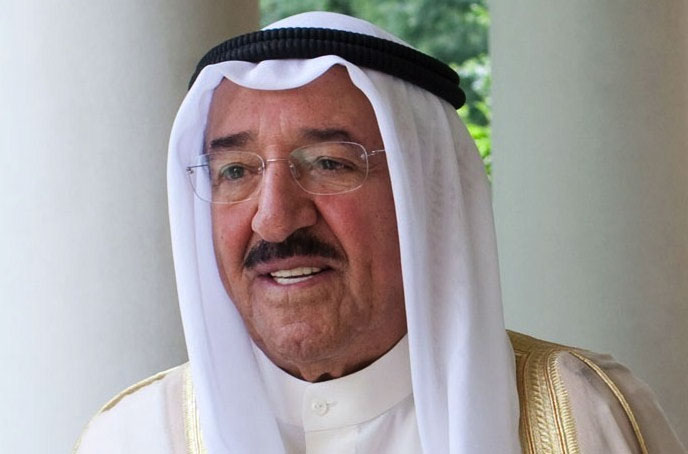 Some 150 women scientists and engineers from the Arab region, Africa and Southern Asia convened a three-day conference to explore the growing opportunities – and stubborn obstacles – for women in science-related fields. In addition, presentations were expected to focus on scientific issues in public health, the environment, and other areas, while allowing the scientists to network and perhaps lay a foundation for future joint research projects.
Some 150 women scientists and engineers from the Arab region, Africa and Southern Asia convened a three-day conference to explore the growing opportunities – and stubborn obstacles – for women in science-related fields. In addition, presentations were expected to focus on scientific issues in public health, the environment, and other areas, while allowing the scientists to network and perhaps lay a foundation for future joint research projects.
The International Conference on Women in Science and Technology in the Arab Countries ran from 21 to 23 April. It was organized by the Kuwait Institute for Scientific Research (KISR) and the Organization for Women in Science for the Developing World (OWSD).
In prepared remarks delivered by the Kuwaiti Minister of Education and Higher Education, Nayif Al-Hajraf, the Amir detailed his nation's record of support for the rights of women and its recognition of the importance of science and technology (see the full text of the speech).
"This conference strives to enrich Arab women scientists' participation in the areas of science and technology and to contribute in the exchange of knowledge and experience in such areas", he said. "Additionally, the objective is to attract the attention of the international community to Arab women's contributions in areas of vital importance with concentration on science to develop a sustained scientific environment."
Joining the women at the opening ceremony were a range of dignitaries, including French Ambassador Nada Yafi and US Ambassador Matthew H. Tueller.
In welcoming remarks, KISR Director-General Naji Mohamed Al-Mutairi stressed the importance of educating and supporting women in science and technology fields, and praised the government's strong efforts. Al-Mutairi also offered a strong review of the accomplishments of women scientists at the Institute (see the full text of the speech).
"Our Institute includes an outstanding group of women researchers that accomplished major achievements and occupy major positions on the national and international levels", he said. "There are women researchers who are leading pioneering projects in the fields of petroleum, environment, water, building and energy, biodiversity and information technology."
The keynote address at the opening was delivered by Samira Omar Asem(photo left), director and principal research scientist at KISR's Food Resources and Marine Sciences Division and vice president of the OWSD Arab region.
"When you look at the countries in the Arab region, there are a lot of women participating in science studies and getting their degrees in science", Omar said. "Women are clearly interested in science. But many cannot continue their careers because of limiting social attitudes in traditional Arab societies."
Similar patterns are seen across developing countries, she said. Why that happens is one of the central questions to be explored at the conference.
But in her address, Omar suggested that women could benefit from a range of carefully tailored policies, including: gender mainstreaming in line with such well-established international conventions as the Convention on the Elimination of all Discrimination Against Women (CEDAW); frameworks governing women's workplace rights; and a concerted effort to gather data on women and their experiences in science studies, work, and family life.
Co-sponsoring the conference were TWAS, the Kuwait Foundation for the Advancement of Sciences (KFAS), and the Organization of Islamic Cooperation's Ministerial Standing Committee on Scientific and Technological Cooperation (COMSTECH).
In his welcoming remarks, TWAS Public Information Officer Edward W. Lempinen described the extensive work of the Academy and OWSD in the Arab region.
Recent research has found "women scientists in every region – both developed and developing nations – face obstacles that limit their work and advancement", Lempinen said. "Obviously, this hurts the women. But when we lose their skill, their intelligence and their energy, the impact is felt in reduced innovation and growth across whole economies and whole cultures. In other words, when women drop out of science, everyone loses."

